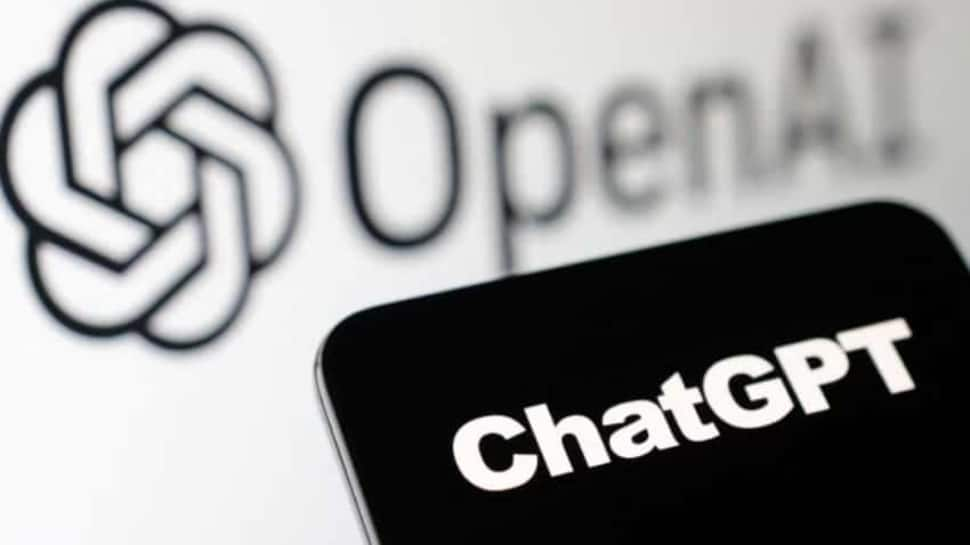Amid ongoing discussions regarding the effectiveness of artificial intelligence (AI), particularly ChatGPT, its parent company OpenAI finds itself facing a legal lawsuit alleging the generation of false information by the chatbot. The plaintiff, a radio host based in Georgia, has reportedly sued OpenAI for defamation after ChatGPT produced a fictitious legal document falsely accusing him of "defrauding and embezzling funds."
ChatGPT is an AI-driven chatbot designed to understand user instructions and offer detailed responses.
According to a Business Insider report, the radio host named Mark Walters filed the lawsuit in a court in Georgia, claiming that his name was wrongfully dragged in a case that journalist Fred Riehl was working on along with the accusations.
OpenAI Sued For Defamation Over ChatGPT's False Document
As per reports, while sharing details of the case, the radio host said that the AI chatbot named him in the case after it was asked for a summary of a Washington case along with a link of the case to the AI chatbot.
In response to the query, ChatGPT named Mark Walters in the case and accused him of "defrauding and embezzling funds from the SAF". It also claimed that Walters was the organization's 'treasurer and CFO' and further accused him of misappropriating funds for personal expenses and manipulating financial records.
The report also highlights that when asked for additional details, ChatGPT went so far as to provide a "fake complaint," prompting the Georgia court to denounce it as a "complete fabrication" bearing no resemblance to the genuine complaint.
Debate Over AI Chatbots
This case comes at a time when several tech experts have been debating over the accuracy of information provided by AI chatbots. While some have claimed that AI can sometimes "hallucinate" and provide "made-up answers", others have shown distrust toward the answers provided by these chatbots.
On one hand, OpenAI has included a small disclaimer on ChatGPT's homepage, clarifying that it serves as a source to "learn something new." OpenAI CEO Sam Altman has also expressed his preference for acquiring new information from ChatGPT, as reported by The Verge.
















